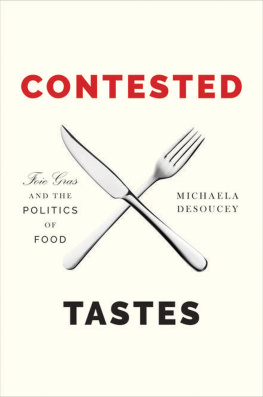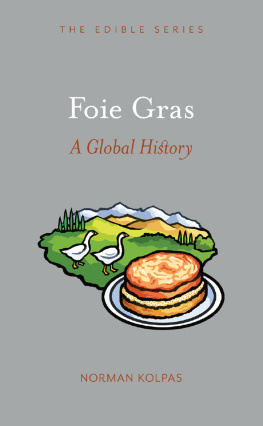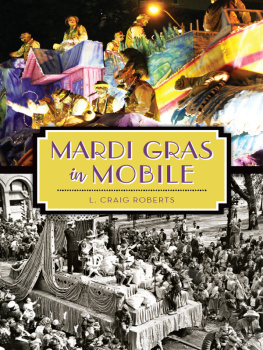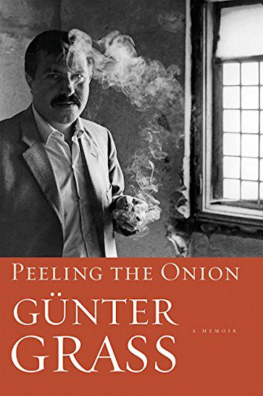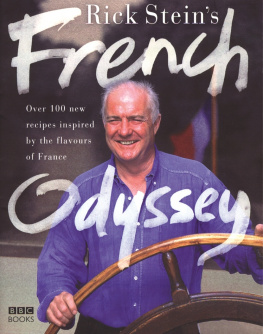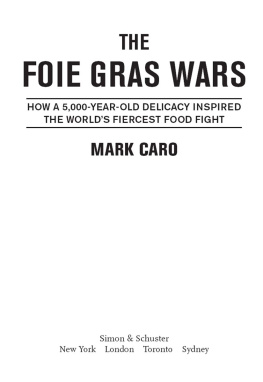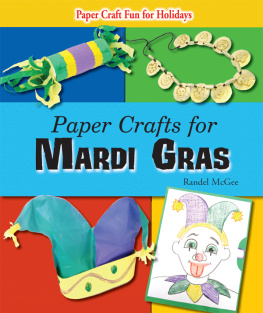CONTESTED
TASTES

| PRINCETON STUDIES IN CULTURAL SOCIOLOGY Paul J. DiMaggio, Michle Lamont, Robert J. Wuthnow, and Viviana A. Zelizer,
Series Editors |
A list of titles in this series appears at the back of the book.
CONTESTED
TASTES
FOIE GRAS
and the
POLITICS OF FOOD
MICHAELA DESOUCEY
PRINCETON UNIVERSITY PRESS
PRINCETON AND OXFORD
Copyright 2016 by Princeton University Press
Published by Princeton University Press, 41 William Street, Princeton, New Jersey 08540
In the United Kingdom: Princeton University Press, 6 Oxford Street, Woodstock, Oxfordshire OX20 1TW
press.princeton.edu
Jacket images courtesy of Shutterstock
All Rights Reserved
ISBN 978-0-691-15493-0
Library of Congress Control Number: 2015956952
British Library Cataloging-in-Publication Data is available
This book has been composed in Adobe Caslon Pro and Berthold Akzidenz Grotesk
Printed on acid-free paper.
Printed in the United States of America
1 3 5 7 9 10 8 6 4 2
CONTENTS
ACKNOWLEDGMENTS
I have many people to thank for their contributions to this book, and none deserve more credit than those who participated in my research in both France and the United States. A thousand thanks to the chefs, activists, farmers, politicians, journalists, and others who let me into their worlds and shared their knowledge, stories, and perspectives. While each might find some place to object to my analysis, I hope that the picture I have painted of the past decades fights over foie gras is seen as a fair one and that my respect for all the players involved is clear.
Northwestern Universitys Department of Sociology was where this project was born and took shape, and where I began to grow as a sociologist. Gary Alan Fine has inspired and pushed my analytic abilities to new levels. His dedication and work ethic continue to be inspirational, if inimitable. I am also grateful to Wendy Griswold, Bruce Carruthers, Nicola Beisel, and Laura Beth Nielsen for constructive criticism and encouragement through the dissertation process and since. The late Allan Schnaiberg deserves a heartfelt thank-you for teaching me to be a compassionate and engaged scholar and educator. The Culture Workshop, the Ethnography Workshop, the Management and Organizations Department, and the Center for Legal Studies were all intellectual homes at Northwestern that merit particular acknowledgment.
Fellow graduate students at Northwestern created an exciting intellectual environment and have continued to provide the camaraderie needed to get through a process like this. Gratitude is due to Heather Schoenfeld, Gabrielle Ferrales, Lynn Gazley, Corey Fields, Kerry Dobransky, Erin McDonnell, Terry McDonnell, Jo-Ellen Pozner, Elisabeth Anderson, Berit Vannebo, Geoff Harkness, Ashlee Humphreys, Michelle Naffziger, Simona Giorgi, Marina Zaloznaya, Sara Soderstrom, and Nicole Van Cleve. Special thanks to Ellen Berrey, who has been a superb book-buddy these last few years and helped guide this project to completion. Elise Lipkowitz also deserves a particular note of my sincere appreciation and indebtedness here. Elise has been a travel partner, dining companion, sounding board, reader, copyeditor, analyst, and pillar of moral support. I could not have written this book without her.
In the two great years I spent as a postdoc at Princeton University in the Department of Sociology and the Center for the Study of Social Organization, this project benefited from the mentorship and advice of numerous scholars. Paul DiMaggios interest in and encouragement of my work has been ongoing. Conversations with Viviana Zelizer, Martin Ruef, Bob Wuthnow, Kim Scheppele, Mitch Duneier, Miguel Centeno, Amin Ghaziani, and Sophie Meunier shaped this project in a host of positive ways. I lucked out in sharing an office with Sarah Thbaud and Adam Slez, who read and commented on proposals, memos, and early chapter drafts, as well as became great friends. I also benefited from insights and support from Miranda Waggoner, Liz Chiarello, and my writing group of Janet Vertesi, Grace Yukich, Kathryn Gin Lum, Manu Radhakrishnan, and Annie Blazer. Sarah and Miranda, especially, have been ongoing sounding boards after we each went our separate ways.
I wrote the final version of this manuscript at North Carolina State University, where smart and wonderful colleagues have offered fresh perspectives that allowed me to see beyond the boundaries of my initial work. Special thanks are due to Michael Schwalbe and Sarah Bowen for helping me, with their constructively critical eyes, to revise the final manuscript after receiving my reviewer comments.
A number of other friends and colleagues have also given me invaluable advice and feedback along the way. Writing is a truly collaborative enterprise. This book is better because of what I have learned from (in no particular order): Kim Ebert, Sinikka Elliott, Jeff Leiter, Tom Shriver, David Schleifer, Liz Cherry, Colter Ellis, Isabelle Tchoueyres, Rich Ocejo, Brendan Nyhan, Lauren Rivera, Christopher Bail, David Meyer, Daphne Demetry, Jordan Colosi, Alice Julier, Krishnendu Ray, Rachel Laudan, Anne McBride, Christy Shields-Argles, Robin Wagner-Pacifici, Andy Perrin, Jose Johnston, Joslyn Brenton, Diana Mincyte, Rhys Williams, Ken Albala, Warren Belasco, Cathy Kaufman, Robin Dodsworth, Kate Keleman, Klaus Weber, Kate Heinze, Paul Hirsch, Brayden King, and many others. I hope the final result is a tribute to their work on my behalf.
Some of the research for this book would have not happened without Mark Caro. Mark and I met at a food conference in 2007 and, as perhaps the two most foie-obsessed writers in Chicago, quickly realized we would benefit by working together. He was a delightful research partner, both in Chicago and France, and his research for his own book (The Foie Gras Wars) was enormously useful to me. He is also great at pushing stuck Volvos out of country-road ditches.
I could not have found a better home for this book than with Princeton University Press. I am lucky to have had not one, but two excellent editors there. Eric Schwartz saw the books potential and guided me through the process of constructing the first draft, and became a friend as well as an editor during the process. Eric secured two incredible reviewers for the manuscript, both of whom read carefully and thoughtfully, and my book is better for their detailed comments and inquiries. When he left the Press, I was apprehensive, but Meagan Levinson quickly took away any fears. She is the editor that first-time authors dream about, for her intelligence and good humor, her sharp insights, the time she has spent with my manuscript, and her genuine ability to see both details and the big picture at the same time. Ryan Mulligan has similarly been a pleasure to work with. I am also the beneficiary of wonderful production management by Ellen Foos, copyediting by Katherine Harper, and indexing by Jan Williams.
Heartfelt and loving thanks are also due to the family and close friends who supported me through this long project. First are my mom and dadCarolyn and Bob DeSouceyand my brother, David, and sister, Arielle. My late grandparents, Milton and Matilda Block, provided inspiration and made things possible. Anya Freiman Goldey and Valerie Lisner Smith have long been like my sisters; I am grateful for their true friendship, and I consider their families my own. I also thank Abby and Bob Millhauser for welcoming me into their family, and for clipping articles and taking photos of menus on their travels to add to my collection. My adopted family at Kinnikinnick FarmDavid and Susan Cleverdon, Erin and Kevin Grace, and Staci and Tim Oienhas long provided me a special, nourishing, and safe haven.
Next page
